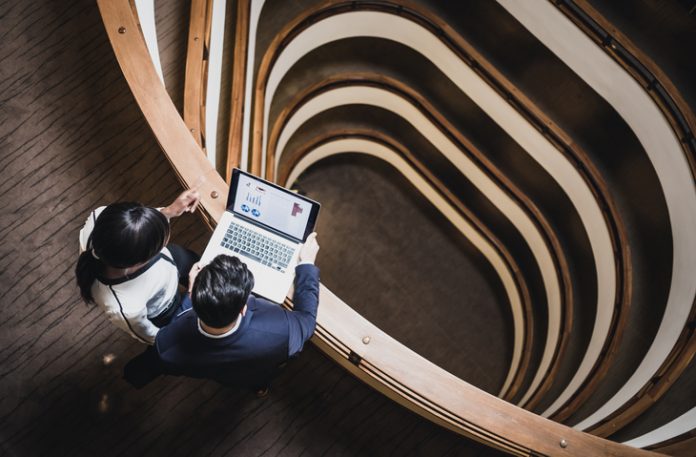
Gone are the days of employees switching on mammoth desktop computers at 9 a.m. and off at 5 p.m. Today’s workforce is increasingly composed of highly connected digital natives who are used to being mobile. In the age of the gig economy and a millennial workforce that’s used to jumping around from job to job, it’s no wonder so many use their own laptops, tablets, and smartphones for work, wherever and whenever that may be. The hotel has to make fewer investments in hardware, and the employees are happy using their own devices. It’s a win-win situation, right? Not necessarily. It’s worth taking a closer look at the pros and cons, especially in the hospitality industry. A BYOD (“bring your own device”) workplace can take significant time and IT infrastructure to manage while maintaining security and various compliance policy requirements.
While BYOD employee policies can present a host of benefits to hospitality companies, there are also serious issues that need to be considered. BYOD allows employees real-time data access to corporate or hotel applications through integration with PMS, RMS, CRM systems, etc. They can access projects and training materials on the go, any time of day or night. Communication is instant, and employees can also be reached anytime, anywhere. Employees are often more comfortable using their own devices and feel empowered and trusted, so they’re more productive. While higher productivity is great, BYOD policies create a myriad of legal issues, not the least of which is security.
A BYOD policy means hotel and possibly customer data is suddenly mixed in with employees’ personal data. Emails and data—some sensitive or confidential—will be exposed and stored on a device the hotel or company doesn’t own or control. Who else has access to the device? How can hotels ensure that data on personal devices is protected to the same standard as other corporate data?
There’s far less oversight over a company’s proprietary information when an employee works from personal devices. Streamlining software programs can also become very difficult when employees are using different operating systems, applications, and email platforms. In an industry with a naturally high turnover rate, it’s also critical for companies to consider how corporate data can be retrieved/removed from devices while leaving the device owner’s data intact.
Company-owned devices also allow for customization of every aspect of the configuration—from company software suites, antivirus, and other security technologies to encryption, enforced password strength, and more. Many corporate mobile device management systems also allow features such as the camera to be disabled on managed devices. Employee-owned devices, on the other hand, make control and oversight of these types of features far more difficult and often impossible, so it’s important to have the discussion before adopting a BYOD and not after.
Use of personal devices by employees can also introduce issues around payroll and labor. If an employee is paid on an hourly basis, then technically hotels should be paying them when they’re working, reading, or answering emails from their personal device after hours. How can after-hours work be accurately tracked? Are there tools in place to be able to cut off access to corporate data or shut down employees’ access after-hours? Is it worth the headache?
As the world becomes increasingly wired and connected, BYOD is here to stay at work and at home. Businesses must conduct regular reviews of existing policies to stay ahead of rapid changes and implement comprehensive guidelines for employee use of personal devices while working. A host of widely available technologies can help hotels establish some baseline standards and protect data, while leaving personal information on the device personal.











